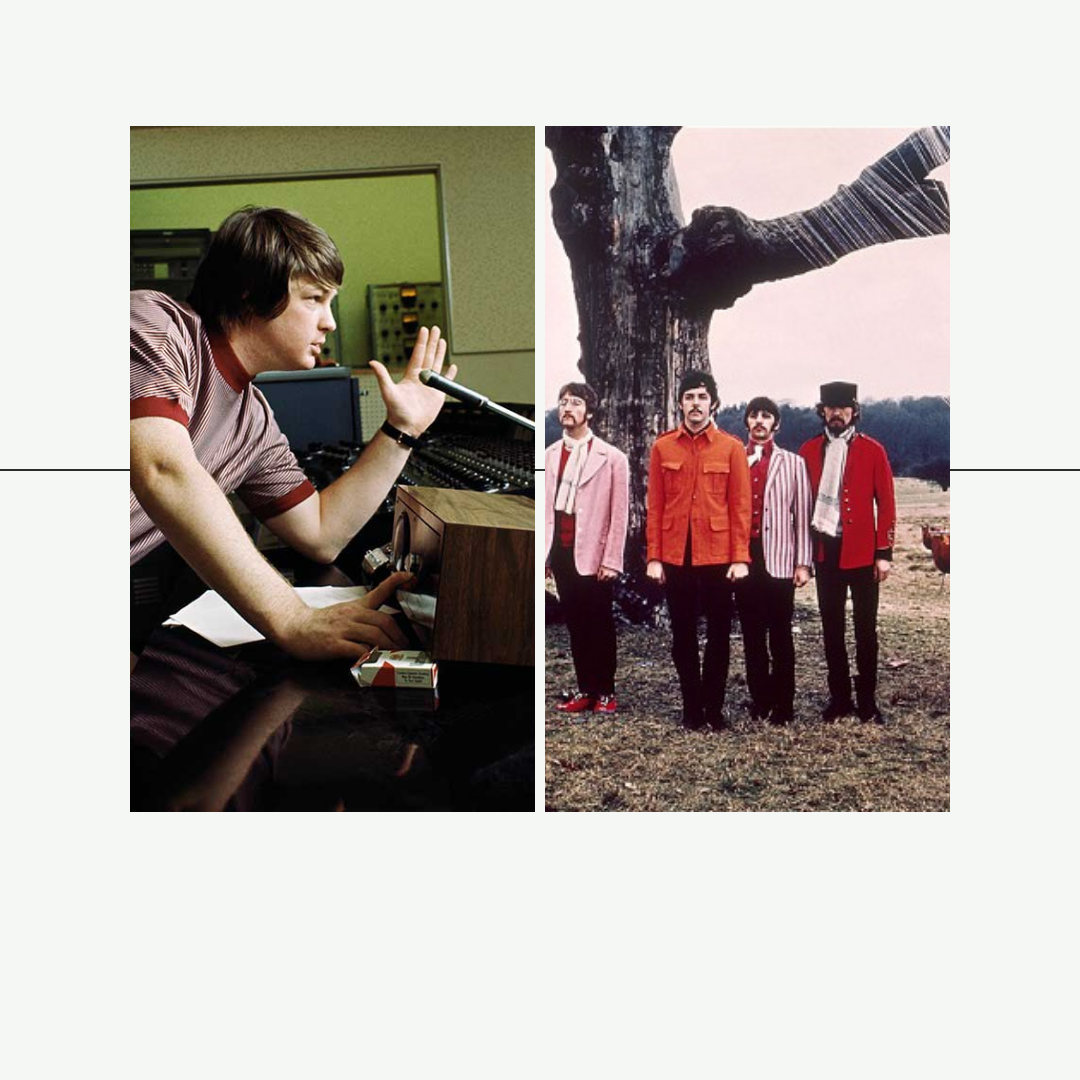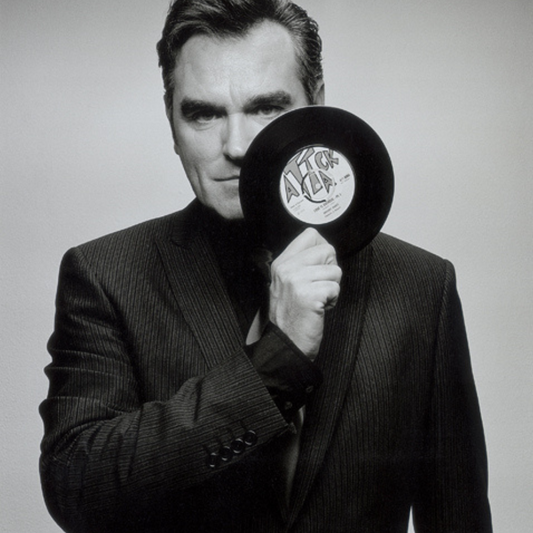
Brian Wilson, The Beatles, and the Great Creative Battle of the 1960s
Alejandro De LunaShare
This story begins with Rubber Soul.
In 1965, pop music began a radical transformation. When Brian Wilson first heard The Beatles' 1965 album, he was stunned, not just by the songwriting, but by the innovation and artistic cohesiveness. This was more than a collection of songs; it was a unified artistic statement.
"I remember being blown away by ‘You Won’t See Me” and ‘I’m Looking Through You’ and ‘Girl.’ It wasn’t just the lyrics and the melodies but the production and their harmonies. They had such unique harmonies, you know?" - Brian Wilson
Rubber Soul lit a fire in Brian Wilson. Determined to respond, he withdrew from touring with The Beach Boys, began to focus entirely on the studio, a place where sounds could be sculpted and bent according to his genius and where he could finally find full expression. Pet Sounds was the result and the rest is history. It was more than a collection of songs; it was a sonic diary of heartbreak, innocence, drug explorations, experimentation and spiritual yearning. When Paul McCartney heard it, he later called it his favourite album of all time. For a moment Brian Wilson had raised the bar.
Brian Wilson,
“He wrote some music that when I played it, it made me cry” - Paul McCartney
"'God Only Knows' is the "greatest song ever written"'- Paul McCartney
But then in 1966 The Beatles responded with Revolver, a groundbreaking album that reshaped musical genres and production standards with risk, tape loops, reverse guitars, sitars, LSD, and psychedelia. A record that seemed to say, “We heard you Brian and here is where we have gone.” The bar rose again.
The creative battle continued but the toll was beginning to show. While The Beatles found peace (at least by that time) in each other, Brian Wilson stood mostly alone. He was the awkward genius mind behind the curtain often misunderstood and unguarded. And then, in February 1967, The Beatles' “Strawberry Fields Forever” was released.
Legend has it that Brian Wilson was driving when he first heard the single on the radio. He pulled off the road and sat motionless as he listened to this Beatles masterpiece. When it ended he wept. “They got there first” he whispered. It was not bitterness or envy. It was the moment an artist recognized someone else had fully realized the vision he had been chasing in fragments.
At the time Brian was in the process of creating Smile, an album so ambitious it threatened to disturb his mind, and indeed it did. Pressure from the industry, the band, the drugs and his own fragile psyche conspired to halt the project. A few months later Smile was shelved and Sgt. Pepper’s Lonely Hearts Club Band was released. The rest is history.
What followed was Brian Wilson's descent into a downward spiral: silence, isolation, mental exhaustion, self-destruction, financial collapse, and a slow drift into madness. This led to years of seclusion, reminiscent of other troubled artists such as Syd Barrett, Roky Erickson, or Daniel Johnston. Brian could not finish Smile, which became a mythical record that remained unreleased until he re-recorded and reimagined it in 2004.
“We pulled out because I was about ready to die. I was trying so hard. So all of a sudden I decided not to try any more.” —Brian Wilson, 1968
The rivalry between Brian Wilson and The Beatles never crowned a winner. It was not meant to. His genius did not lose to theirs. it inspired them as theirs inspired Brian. In a decade when music evolved from teenage pop hits to a true art form, Brian Wilson was one of the few who made that transformation feel like a genuine milestone of musical genius.
RIP Brian Wilson (1942 – 2025), a true musical genius: architect of the 1960s sound groundbreaking producer master of harmonies and melodies brilliant songwriter visionary of pop music and so much more. God Only Knows.






